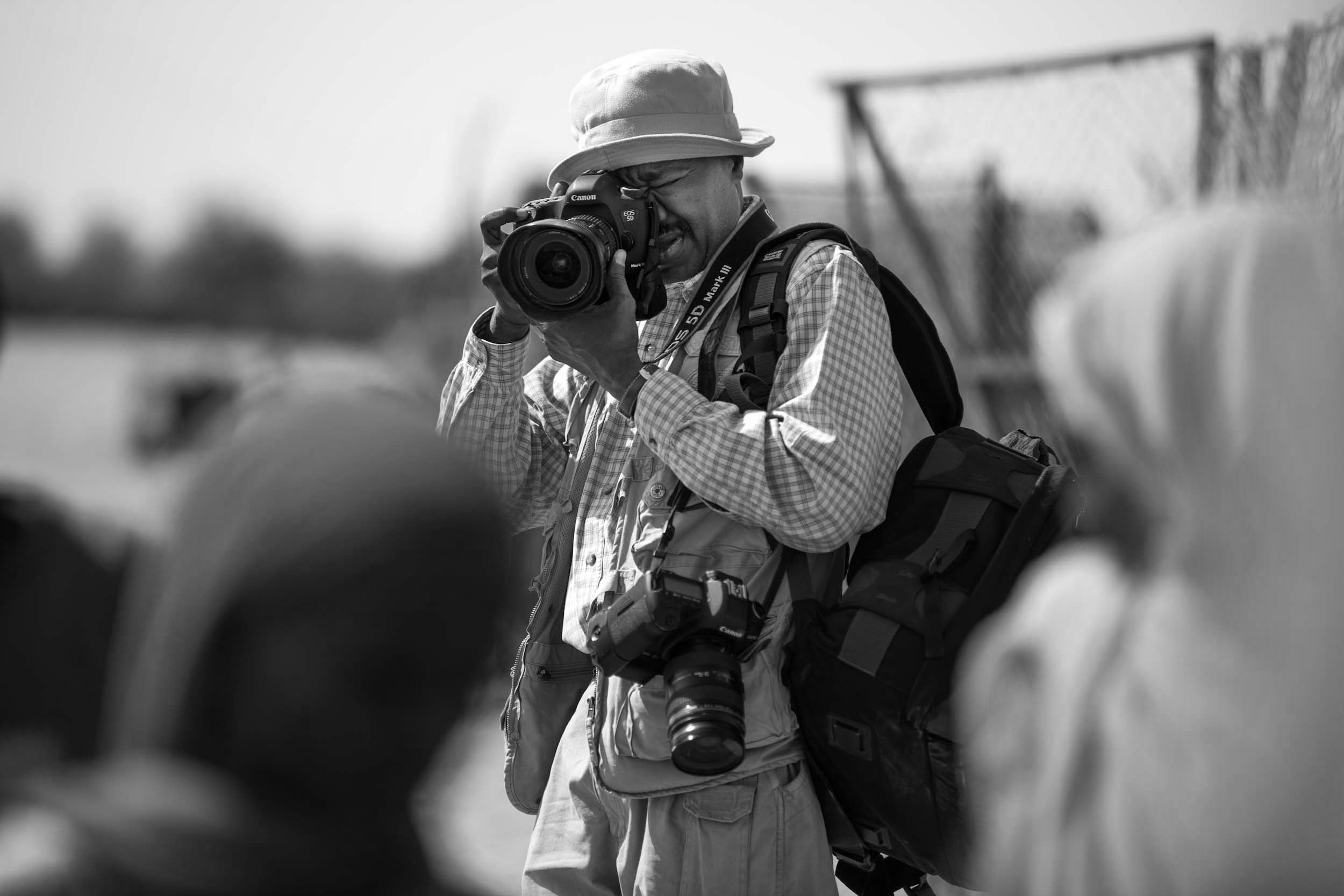In a new report launched at the 61st session of the African Commission on Human and Peoples’ Rights, DefendDefenders finds that amid growing restrictions on civic space in the sub-region, journalists play a critical role in exposing human rights violations and providing vital information and analysis of current events. Simply documenting and sharing information can simultaneously place them at risk and at the forefront of human rights defence.
In “Don’t Shoot the Messenger! Journalists as Human Rights Defenders in the East and Horn of Africa”, DefendDefenders examines the challenges journalists face, and provides an overview of the various strategies they have used to circumvent and continue their work amid these restrictions.
Overall trends, legal frameworks, and case studies from 11 countries in the East and Horn of Africa provide an understanding of the capacity, risks, and needs of journalists reporting on human rights issues. Over 60 journalists, bloggers, and media professionals from the sub-region were interviewed, in addition to significant input from civil society organisations dedicated to free expression and the protection of journalists.
Central to the report is the question of whether journalists, by nature of their work, should be considered HRDs. Nearly all journalists interviewed for this report considered themselves to be HRDs, but many had doubts over whether this also applied to all their colleagues. Some interviewees claimed to actively seek out human rights stories, especially in conflict situations, while others also advocated for freedom of expression, often from exile.
A Kenyan journalist interviewed for the report noted that “I did not set out to be a human rights defender but in the course of my work, that is what I’ve become. Being a journalist is a calling. We are the mouthpiece and eyes of the country.”
By acting as witnesses, fighting for the right to free expression, and alerting the world to human rights abuses, journalists become defenders in their own right, deserving of all the protection mechanisms afford to their peers.
“HRDs are defined not by what they claim to be, but by their actions. Like any other HRD, journalists choose every day whether or not to speak out or report on the events they witness, often at great risk,” says Hassan Shire, Executive Director of DefendDefenders. “The nature of this decision is what defines them and their work, and we will continue to fight for their right collect, document and disseminate information without fear.”
Journalists are increasingly faced with new threats to their work and security, including harassment, arbitrary detentions, and imprisonments and prosecutions under spurious laws, both online and offline. These threats intensify amid violent conflicts and political crises, and often force journalists into exile, where they face new challenges.
The report offers concrete solutions to online and offline challenges and makes key recommendations to governments and civil society to ensure that a free media environment in the region is protected and promoted.

